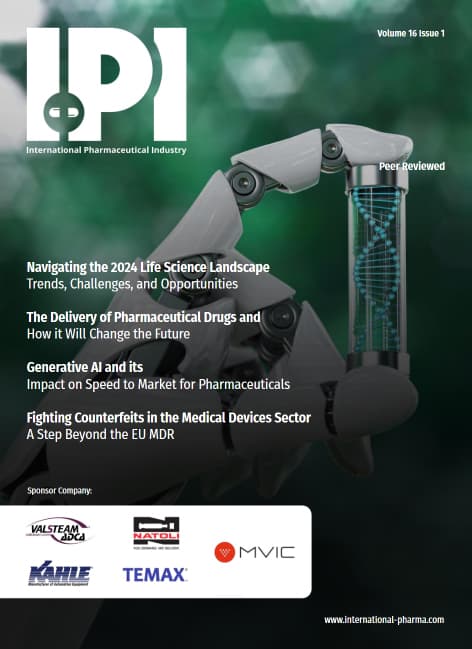Researchers from The Institute of Cancer Research, London (ICR) and the Royal Marsden NHS Foundation Trust have revealed the mechanism of action for a ‘promising’ new prostate cancer treatment.
The drug – CCS1477 – was discovered by Cambridge, UK-based company CellCentric. Researchers have identified its potential as a treatment of men with advanced prostate cancer which does not respond to existing treatments or develops a resistance to them.
Existing prostate cancer treatments are designed to block the androgen receptor pathway, with the aim of preventing androgens (male hormones) from fuelling prostate tumour growth.
However cancer can evolve to develop changes in the androgen receptor so that it continues to drive growth, while evading the effects of treatments designed to block it activity.
CCS1477, on the other hand, instead binds to two cancer gene regulators – proteins p300 and CBP – which aid androgen receptor signalling.
The study suggests that by blocking these two proteins. CCS1477 could halt prostate cancer growth and potentially delay or prevent drug resistance.
In a study evaluating the drug in mice with prostate cancer, the drug was used to block p300 and CBP – scientists found that this had a biological effect on androgen receptor signalling and was able to stop tumour growth.
In addition, the study suggest that CCS1477 also has the potential to target the genomic changes and adaptations prostate cancer can undergo to evade treatment.
CCS1477 is now being evaluated in an ongoing clinical trial in men with hormone-resistant prostate cancer, and is also being trialled in patients with blood cancers and in patients whose tumours have a wide range of mutations.
“These early clinical findings are very encouraging. It is exciting to have validated a major new drug target through collaborations with industry and to already have a promising ‘first-in-class’ drug agent undergoing clinical trials,” said Professor Paul Workman, chief executive of the ICR.
“Importantly, this drug has the potential to overcome drug resistance to androgen receptor-based therapies – and thus has the promise of changing many men’s lives,” he added.

























